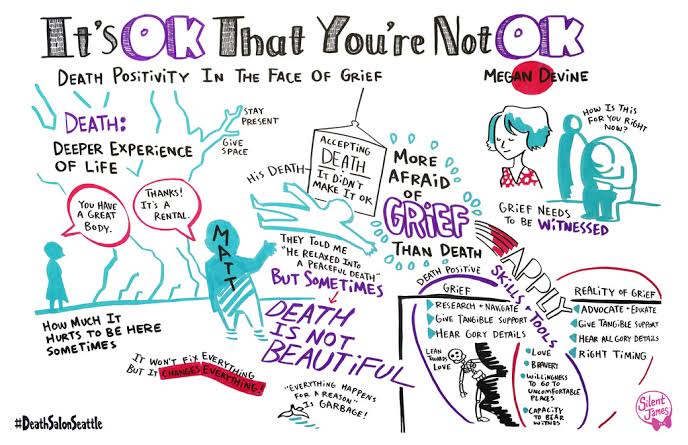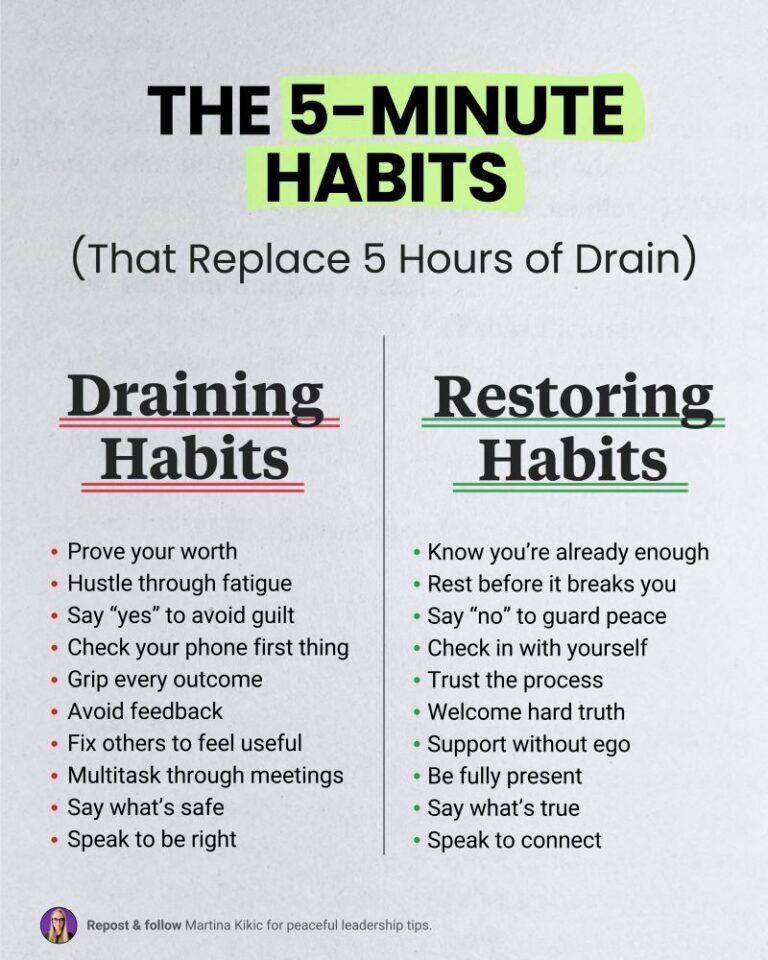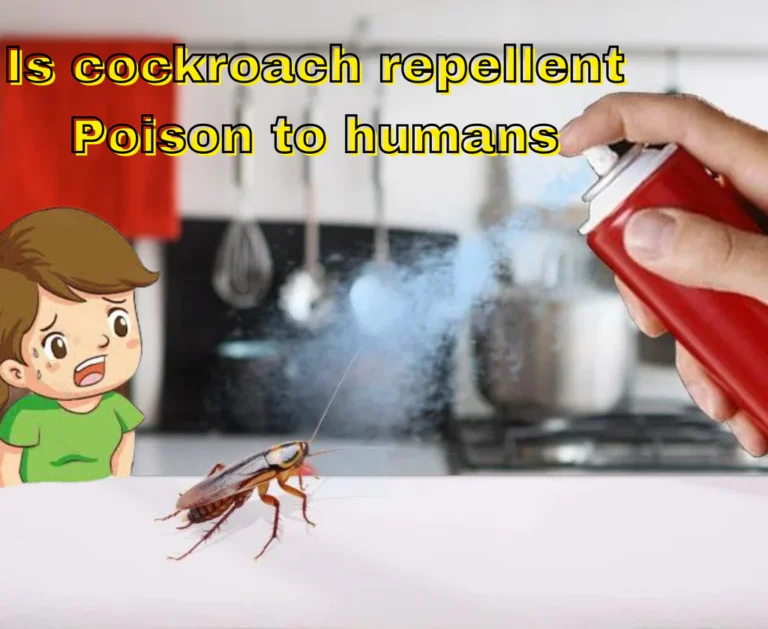
Good hygiene helps children to live a happier and healthier life. It also helps to reduce the risk of illness, build self-esteem and teach life skills.
As parents, we all want the best for our children, and one of the most valuable lessons we can teach them is the importance of personal hygiene. Not only does it contribute to their immediate well-being, but it lays the foundation for a healthy life in the future. At the end of the day, good personal hygiene is not just about cleanliness, but a way to protect our little ones from illness and boost their self-esteem.
Wendy Pauker, associate director of child life services at Banner Children’s, explains, “Personal hygiene is about staying clean to stay healthy and feel good.” This involves simple but essential habits like washing your hands properly, brushing your teeth, bathing, and wearing clean clothes. These small acts can make a big difference, as illnesses—from the common cold to more serious ailments—are easily spread.
But how can we ensure that our children adopt and maintain these habits throughout their lives? Here are some strategies designed to teach personal hygiene in an effective and enjoyable way, adapted to each stage of child development.
Basics of hygiene teaching by age group
For toddlers (1-3 years): At this age, curiosity is the driving force of learning. Take advantage of their desire to explore and teach them basic hygiene through games and songs. Use gentle reminders and corrections to reinforce this habit. A fun moment at bath time or a song while washing hands can make these lessons memorable and enjoyable.
For preschoolers (ages 3-5): As children get older, they understand more about the importance of hygiene. Explain to them why they should avoid touching their face, mouth, and eyes, as this can spread germs. Use creative activities, such as showing them how germs work with glitter, to make lessons more tangible. Motivate them and make them feel proud of their progress in personal hygiene.
For school-aged children (6-12 years): Children at this stage can take on more responsibility. Encourage more independent hygiene habits and discuss the connection between hygiene and health. This is also the perfect time to introduce the importance of deodorant and dental hygiene, creating a routine that promotes their confidence and well-being.
For teens (13+): During the teenage years, it is crucial for them to understand hygiene not only as a form of health, but also as part of their social life. This is where conversations about acne care, oral hygiene, and the importance of maintaining a clean environment, as well as digital hygiene, come into play, due to the constant use of devices.
Practical tips for parents
In addition to hygiene routines, here are some strategies to ensure these habits are maintained:
- Lead by example: Children learn by watching. Make sure you practice good hygiene habits in your own daily life.
- Be patient and positive: Learning is a process. Praise your child’s efforts and celebrate his or her achievements, no matter how small.
- Encourage healthy eating and physical activity: Implement this as part of their overall health education.
- Have regular checkups: Visits to the pediatrician can prevent health problems and keep vaccinations up to date.
Conclusion
Teaching your children about personal hygiene is one of the greatest gifts you can give them. It gives them the tools they need to stay healthy and helps them develop a sense of responsibility and self-esteem. Start early, be consistent, and make these routines fun and rewarding. By doing so, you’ll be helping your children create habits that will not only keep them healthy, but will stay with them throughout their lives. Make personal hygiene a priority in your home and watch your health and happiness thrive!







